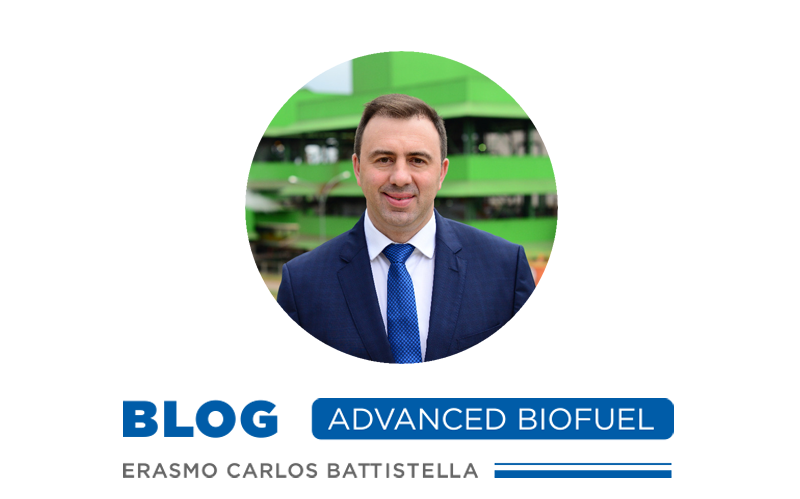While the world is increasingly aware of the impact of climate change on everyday life, health and in the global economy, more public debates reinforce the importance of finding urgent solutions to enable a more sustainable way to travel, move and do business.
It is not our mobility that affects climate change, but the energy that we use to do that. Mobility represents a major challenge in the use of energy: 99% of the energy used for transportation is fossil fuels.
How about some liquid solar energy in your car’s tank?
I explain: biofuels can be considered liquid solar energy. In other words, biofuel derives its energy from vegetable or animal fats and oils. Since the animal gets its energy from grass or other plant foods, the source of all our energy is plants.
In turn, plants obtain their energy from the sun through photosynthesis. This means that the energy source for all of our biofuels is the sun, which is why I like to say that biofuels are liquid solar energy.
Second generation biofuels are a much more practical option for most consumers, as they can simply be refueled on existing diesel engines, without the need for changes. Biofuel can also boost a commercial flight from London to São Paulo, which is not possible with an electric battery.
These biofuels offer a solution to one of humanity’s biggest problems so that we can travel and transport, keep our economies active in a healthier and more sustainable way, taking care of our planet. The adoption of cleaner energy for transportation can make a big difference in the sustainable mobility model.
So, why not use liquid solar energy for our vehicles?
I invite you to make this trip! In the coming weeks, we will talk intensely about mobility, the hybrid car and, of course, the advantages of biofuels.


1 comment
A importância desse blog é imensurável, precisamos potencializar essas informações com Webinars e Fóruns!
Sou Diretor – Presidente do Instituto Triângulo, uma ONG que há 20 anos tem como objetivo mobilizar a população em prol do descarte sustentável de óleos e gorduras residuais.
Construímos uma rede com 3250 pontos de coletas, cada pessoa que coleta que entrega 1 litro de óleo em ponto de coleta do Instituto Triângulo, recebe 1 barra de sabão biodegradável. E assim, conseguimos evitar que 120 toneladas desse co-produto contamine o meio ambiente.
Uma pequena parte do óleo coletado pelo Instituto Triângulo se transforma em sabão biodegradável que retroalimenta as trocas pelo próprio óleo residual, a outra parte, cerca de 90%, beneficiamos e vendemos para Usinas de Biodiesel.
O Biodiesel produzido a partir desse processo é muito menos impactante ao meio ambiente. Porém, ainda não temos referências sobre a geração de CBios, que acreditamos ser muito maior.
É importante destacar tal questão, pelo impacto de investimentos que o Renovabio pode gerar nesse setor. Acredito que muito mais que a PNRS.
Grande Abraço
Caio David